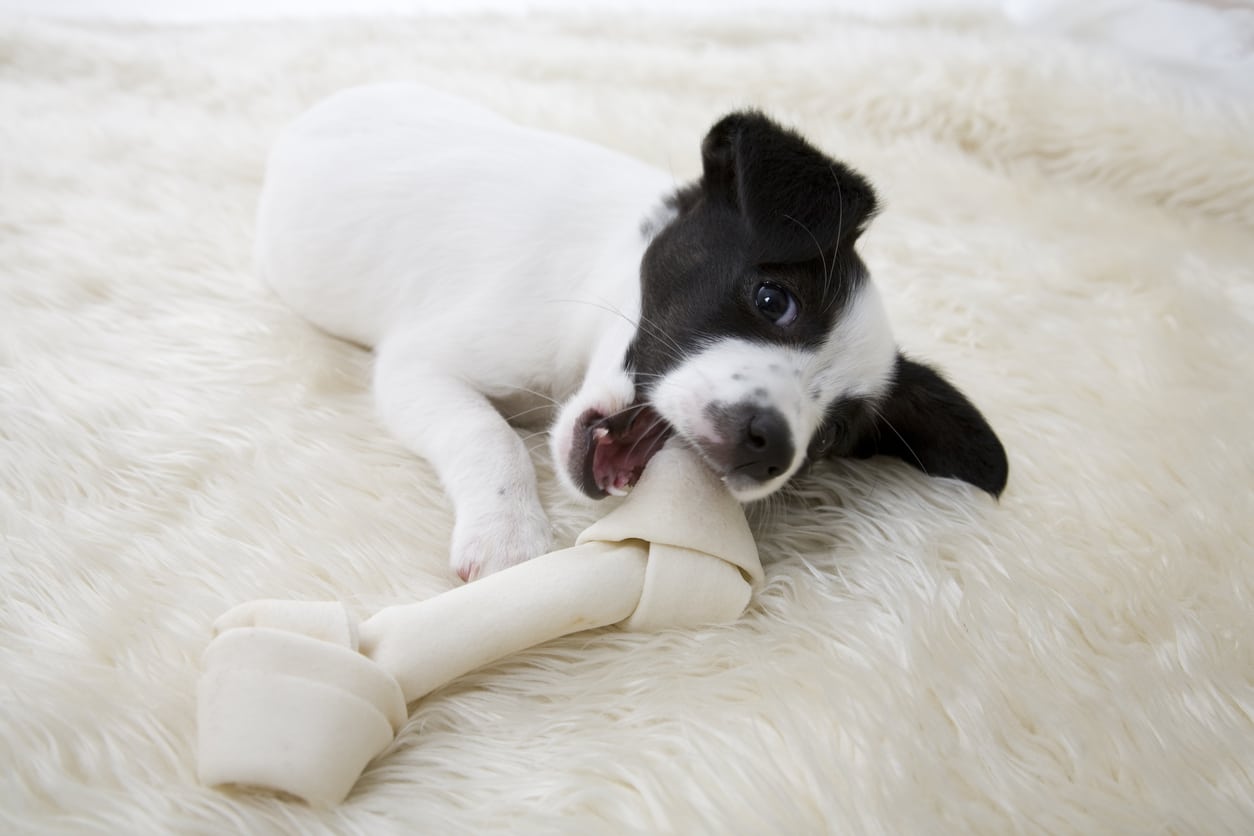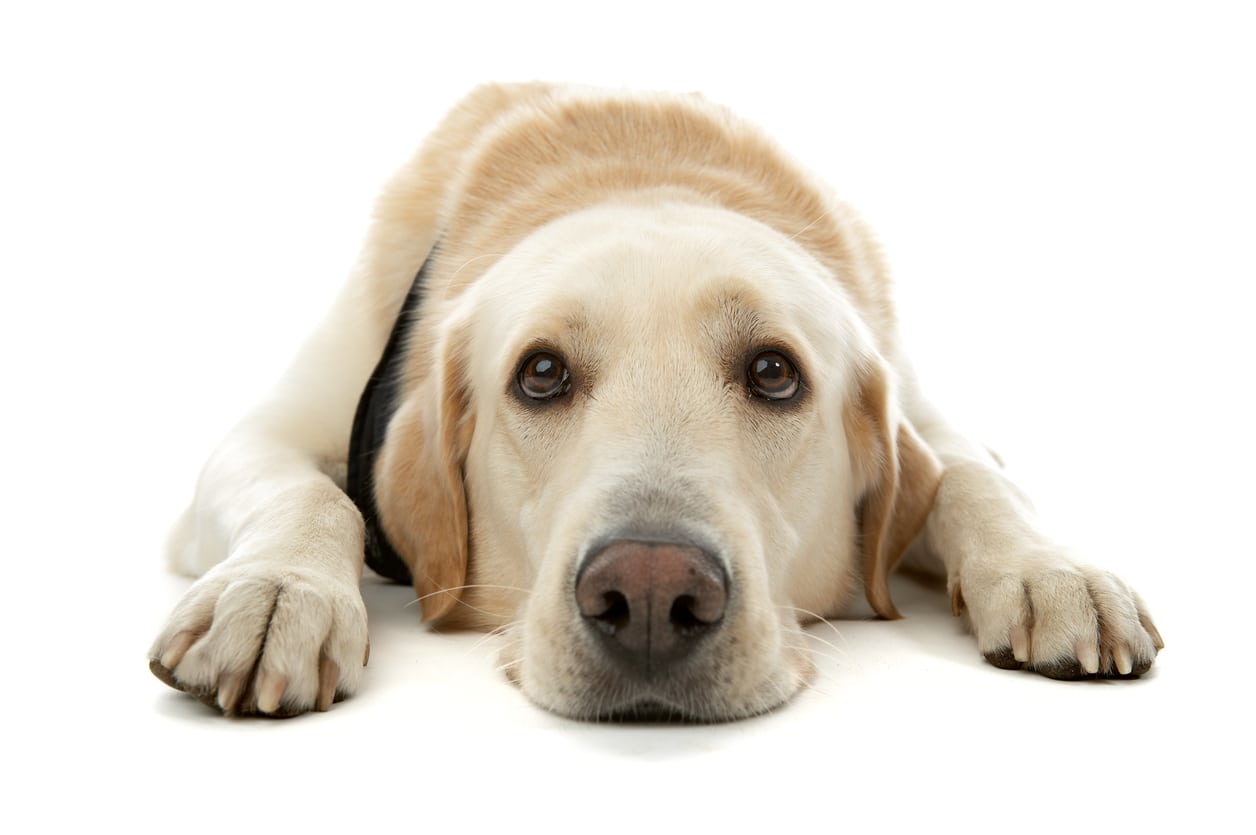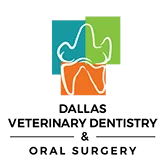Providing the Safest Cat and Dog Anesthesia and Monitoring
Our veterinary dental specialists take cat and dog anesthesia very seriously. Therefore, along with undergoing advanced training in veterinary dentistry, our specialists also received extensive training in anesthesia and pain management. This training involves attending veterinary anesthesia courses and performing procedures under board-certified anesthesiologist supervision. Some procedures, including root canals and maxillofacial surgery, can take several hours. That’s why up-to-date anesthetic protocols, advanced training, and state-of-the-art equipment are necessary for our patients.
It is not possible to do a complete oral exam and thorough dental cleaning on a patient that is awake. Because we perform many complex dental procedures here at Dallas Veterinary Dentistry & Oral Surgery, we need to take extra steps to ensure that each pet is as safe and comfortable as possible. Call us today at (817) 431-8451.
Steps for Customized Cat & Dog Anesthesia Protocols
For optimal safety, each patient’s anesthesia protocol is tailored to them specifically.
- We need to conduct a comprehensive physical exam and run pre-anesthetic blood work to fully evaluate their health. Blood work gives us vital information about what drug combinations can safely be used in each pet or drugs that should be avoided entirely.
- Our veterinary dental specialists assess the results of the exam and blood work and formulate customized anesthetic protocols for each patient.
*Only our veterinary dental specialists select the medication, determine dosage, and administer anesthetic to each patient.

Comfort and Safety
At Dallas Veterinary Dentistry & Oral Surgery, we use only the most up-to-date anesthetic equipment to monitor our patients. This technology offers the most accurate and reliable measurements of all the most important parameters, which include:
- ECG (electrocardiogram) – Continuously reads heart rate and rhythm in order to detect abnormalities quickly, especially for pets with a history of heart disease
- SPO2 (oxygen saturation) – Continuously reads availability of oxygen to the body’s tissues and monitors breathing and lung function
- CO2 (carbon dioxide expelled) – Monitors breathing and lung function
- Blood pressure – Ensures that blood carrying oxygen and nutrients is reaching the organs and maintaining normal function
- Body temperature – Hypothermia is a potential side effect of anesthesia, especially if a patient is under for a longer period. A normal body temperature enables the patient to metabolize the anesthetic properly and recover more quickly
Intravenous fluids help to maintain normal blood pressure and provide oxygen and other crucial nutrients to the major organs including the brain, heart, liver, and kidneys. These fluids are delivered via an electronic fluid pump.
We keep our patients warm with forced air blankets as well as a "Hot Dog" unit that utilizes heat of conduction, with all heat directed towards the patient and not to the table.
Anesthesia for Senior Pets
It’s natural to have concerns about allowing your pet to be placed under anesthesia, especially if they are advanced in years. Fortunately, general anesthesia can be very safe for senior patients as long as it is administered correctly.
- Our veterinary dental specialists and supporting staff members take extra care to maintain healthy blood pressure and body temperature in elderly pets, as well as make sure that they are metabolizing the anesthetic properly.

- We understand that many of our senior patients may be living with preexisting medical conditions such as diabetes, heart disease, and/or kidney disease. Therefore, it is necessary for us to modify their anesthesia protocol to maximize safety.
- Our specialists carefully select the appropriate medications with consideration for each patient’s unique medical conditions. We are also very meticulous about monitoring our geriatric patients and maintaining their vital signs within normal parameters throughout their procedure.
Your Pet is Never Too Old
Old age should not restrict your pet from receiving much needed dental care. Our specialists routinely and successfully treat patients as old as 18-20 years of age! With their training in veterinary anesthesia and pain management and access to board-certified veterinary anesthesiologists, they're committed to providing the most up-to-date anesthesia, monitoring, and pain management protocols for your pet.



